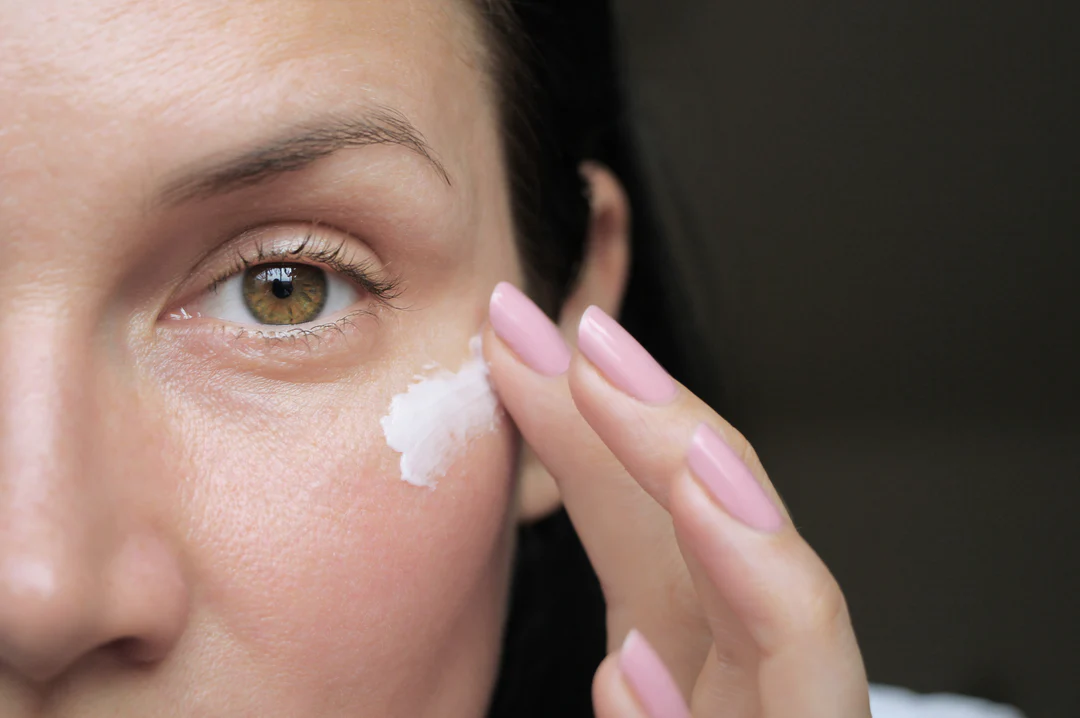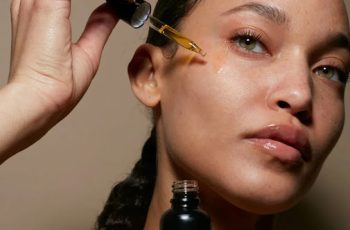
Can I still use oxidized Vitamin C?
As an ingredient in skincare, Vitamin C is hailed as a highly effective but unstable powerhouse. All those outdated reports aside, Vitamin C is undoubtedly a favorite among skincare experts and fans.
You’ll find that the most common formula everyone uses is a serum, as many find using a serum rich in Vitamin C to be the most effective way to benefit from the skin-rejuvenating ingredient. If you want to learn more about Vitamin C and its benefits for your skin, read our dedicated Beauty Insiders blog post.
Now let’s see what happens and if we can still use oxidized Vitamin C. If you’re wondering how Vitamin C oxidizes, here’s a quick rundown of the signs that a serum is oxidized.
Vitamin C, also known as L-ascorbic acid, is usually formulated in a serum that has a light consistency and color, usually clear and sometimes champagne.
Once oxidized, the serum will appear dark yellow, orange, and sometimes brown.
You’ll find that oxidized serums are up to 25% less effective.
If you notice that your serum or product has an unusual smell, it is a clear sign that you need to stop using it completely, as it will not benefit the skin in any way and may cause irritation.
You can read more about how to tell if Vitamin C is oxidized in our blog post.
Can we use oxidized Vitamin C serum?
Yes, you can, but only if it has turned slightly yellow. This is usually a sign that oxidation has begun, but the formula is still potent enough to provide benefits to the skin. However, if it is dark orange or brown, it is best to avoid it completely, as it is not only useless to the skin, but it also forms a barrier on the surface of the skin, interfering with the absorption and blending of other active ingredients in the formula into the skin.
Sometimes you will find different types of Vitamin C in different skincare products, and their stability varies. The stable forms take longer to oxidize and are generally more potent. I am referring to certain types of Vitamin C, such as L-Ascorbic Acid and Sodium Ascorbyl Phosphate, both of which are water-soluble and often found in products for people with oily skin, acne-prone skin, and acne. If you have dry skin, other types of vitamin C that are richer and more hydrating, such as ascorbyl palmitate and tetrahexyldecyl ascorbate, may be more suitable since they are fat-soluble vitamin C.
Is oxidized vitamin C harmful?
In short: yes, oxidized vitamin C can be harmful to your skin. You will find that some people experience unwanted skin irritation, but this is not the only problem. The benefits of your vitamin C serum have been completely depleted. This means that the skin is no longer benefiting from the benefits of the active ingredients. Benefits such as antioxidants included in the formula protect against exposure to free radicals, such as pollution, central heating, harsh climates, and other environmental aggressors. Since the vitamin C is no longer working correctly, it cannot strengthen the skin’s lipid barrier and protect it from further skin damage. This damage can lead to fine lines, wrinkles, loss of elasticity, dark spots, and hyperpigmentation.
Finally, in rare cases, applying oxidized vitamin C to the skin may cause skin discoloration and yellowing, which may take a while to subside.
Is it okay to have oxidized vitamin C?
Yes and no, as I just explained, using oxidized vitamin C products can often have side effects if the formula turns a dark orange or brown color. Because it lacks effectiveness and runs the risk of discoloring your skin, you should avoid using vitamin C products if they are severely oxidized.
How do I know if my vitamin C is oxidized?
As I mentioned earlier, the color of the formula is an important factor to keep in mind. Generally speaking, if your serum turns yellow, orange, or brown, it’s time to toss it.
When using a vitamin C serum, it’s important to remember to store the product properly and use it as effectively as possible. We’ll cover this in the next section, giving you some tips on how to keep your vitamin C product fresher for longer.
How to Prevent Vitamin C from Oxidizing?
There are several ways to prevent your vitamin C serum from oxidizing too quickly and keep it fresher for longer. So, here are our top tips for extending the shelf life of these effective, powerful formulas.
Store Vitamin C away from sunlight
Exposure to sunlight quickly reduces the effectiveness and potency of the active ingredients. For best results, store it in a cupboard or drawer. Also note that all products containing vitamin C must come in opaque or light-proof packaging.
Always keep the lid on tightly
This may sound silly to some, but it is very important to keep oxygen away from your serum. Any contact with oxygen will reduce the effectiveness of the vitamin C and may even make it lose its effectiveness. It is easy to slip the wrong way, so err on the side of caution and check your vitamin C serum carefully before putting it away.
Don’t store your products in the bathroom
I know it makes sense to store your skincare in your bathroom cabinet. But this is probably the worst place for your skincare. Temperature fluctuations and frequent contact with moisture can change the formula and affect its effectiveness on your skin.
Consider the life cycle of your product
If vitamin C products are stored unopened in a drawer away from direct sunlight, they can last up to three years. However, once opened, it takes about 3 months for the effects to wear off. It is important to use your vitamin C serum as often as possible so that its effectiveness can be realized and to use it up when the formula is working best.
Here’s a little insight into the uses of oxidized vitamin C and its effects on your skin. Don’t forget: If you have any additional questions, you can find us on Instagram.


